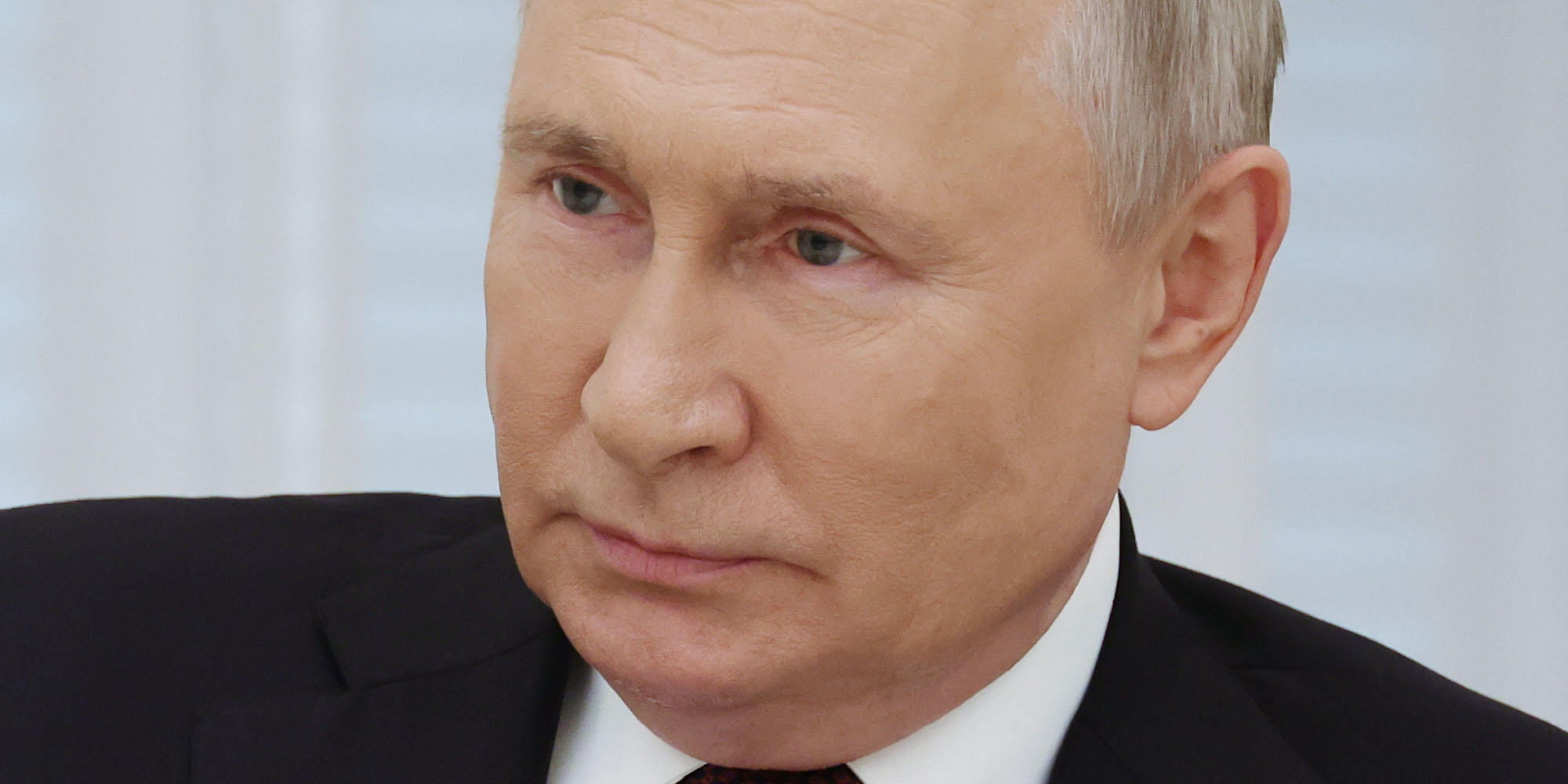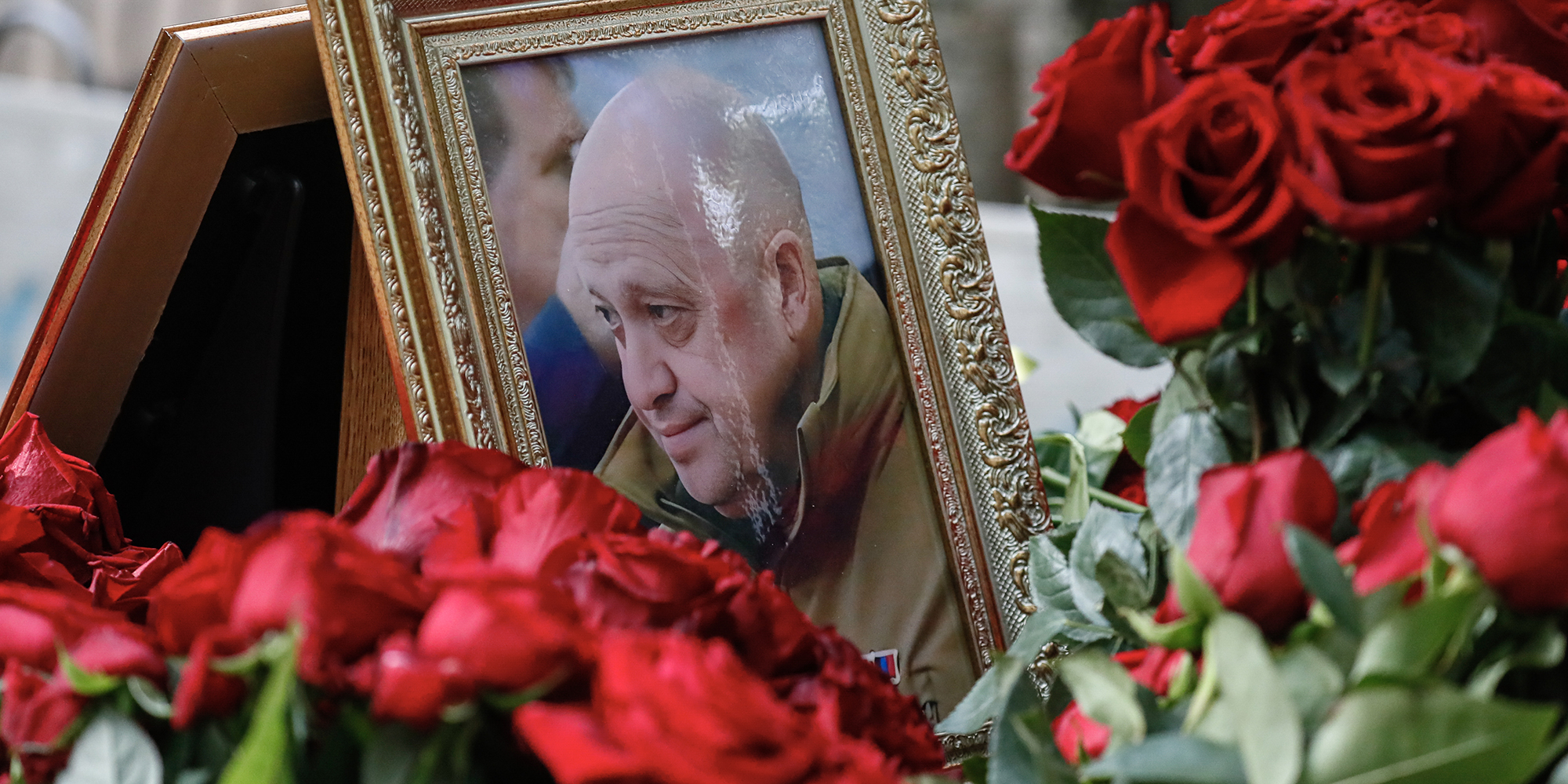The strong ethical aversion to the use of mercenaries tends to cloud attitudes to the legality of Wagner Group boss Yevgeny Prigozhin’s killing. It also raises many of the old ethical dilemmas regarding mercenaries. But can mercenaries be considered “fair game”?
Many have commented that given Vladimir Putin’s tendency to get rid of his political opponents, Prigozhin’s death on 23 June 2023 was expected. Although mercenaries operate in murky territory, the international law on the killing of a mercenary is clear.
Read more in Daily Maverick: Prigozhin meets his maker - payback time as Wagner group's leadership decapitated
Mercenaries, often referred to as “soldiers of fortune”, are individuals who engage in armed conflicts and hostilities in exchange for financial compensation. Unlike regular soldiers who serve under the banner of a nation’s armed forces, mercenaries operate independently or as part of Private Military Security Companies (PMSCs) for profit.
Motivated primarily by monetary gain, mercenaries offer their combat skills, tactical expertise, and experience to the highest bidder. While some may argue that their involvement can bring efficiency and professionalism to conflict zones, others view them as destabilising factors that can exacerbate violence and prolong conflicts for financial interests rather than ideological or national causes.
The Wagner Group gained international attention for its involvement in conflicts in Ukraine, Syria, Mali, Mozambique, Central African Republic (CAR), Sudan and other regions. The group is believed to have participated in the conflict in Eastern Ukraine, particularly in the Donbas region. They have been accused of supporting separatist forces in the Donetsk and Luhansk region.
They have reportedly been active in Syria, providing support to the Syrian government during the civil war and to have been involved in combat operations, security services and other activities on behalf of the Syrian regime.
The Wagner Group has been implicated in providing security services and training to the government forces of the CAR. They have been involved in efforts to stabilise the country amid internal conflict.
Their presence in Libya confirms that they supported forces aligned with the Libyan National Army led by Khalifa Haftar, and their involvement has raised concerns about the escalation of the Libyan conflict. In Sudan, they are said to be providing security services to protect Sudanese government interests and have been alleged to be linked to the Rapid Support Forces.
Finally there have been allegations that the group was involved in the security operations in Mozambique, assisting the government in countering an insurgency in Cabo Delgado province.
The legal status of mercenaries is complex and varies internationally. The 1977 Additional Protocol I to the Geneva Conventions defines mercenaries as individuals who lack allegiance to any state or cause, participating in hostilities motivated by personal gain. This definition, though, is not universally adopted and lacks broad enforcement mechanisms.
A stigma continues to cling to mercenarism, often for good reason. They have been accused of human rights abuses, contributing to the proliferation of weapons and undermining the sovereignty of states.
At the same time, some have argued that their expertise can assist in conflict resolution, peacekeeping and stabilisation efforts, particularly in regions with limited state capacity. An example of such an intervention is that of Executive Outcomes in Sierra Leone in March 1995.
Mercenaries often operate in grey areas, making it challenging to hold them accountable for their actions.
Private military security companies are the close cousins to mercenary groups. The evolving landscape of conflict and security has led to the rise of PMSCs, corporate entities that provide various military and security services. While PMSCs differ from traditional mercenaries due to their organisational structure, the ethical and legal debates surrounding their activities remain similar.
The ethical debate
One of the main ethical concerns regarding mercenaries is the lack of accountability and transparency. Private military companies often operate in a legal grey area, making it difficult to hold them accountable for their actions.
In the case of the Wagner Group, the alleged involvement of a Russian businessman with connections to the government highlights the potential blurring of lines between state-sponsored activities and private interests.
Critics also argue that the use of mercenaries can allow governments to distance themselves from direct responsibility for actions carried out by these groups. This could potentially undermine international norms and humanitarian standards, as states might avoid direct repercussions for violations committed by mercenaries acting on their behalf.
Mercenaries might exacerbate conflicts rather than alleviate them. Their involvement could prolong violence, as they may lack the incentive to seek diplomatic solutions. Additionally, the profit-driven nature of mercenary activities might prioritise financial gains over the wellbeing of civilians caught in conflict zones.
 Russian President Vladimir Putin. (Photo: EPA-EFE / Mikhael Klimentyev / Sputnik / Kremlin Pool)
Russian President Vladimir Putin. (Photo: EPA-EFE / Mikhael Klimentyev / Sputnik / Kremlin Pool)
Thus the use of mercenaries can potentially lead to human rights abuses and violations of the laws of war. The lack of oversight and clear legal frameworks for private military companies makes it challenging to ensure that they adhere to international humanitarian and human rights standards.
But proponents of mercenaries argue that their specialised training and expertise could contribute positively to conflict resolution. They can be tasked with specific roles that require specialised skills, potentially minimising casualties and collateral damage.
However, this raises questions about the motivations behind their involvement and whether profit should be the driving factor in resolving conflicts.
But in spite of the ethical issues clinging to the actions of mercenary groups, there can be little doubt that assassinating the leader of a mercenary group violates international law.
Many have commented that Prigozhin’s death shows that there is no rule of law in Russia. Since, with few exceptions, the use of force is generally condemned in international law, few would argue that state-sponsored assassinations are legal.
Since assassinations fall outside the context of organised warfare, killings that can exceptionally be condoned under international humanitarian law cannot be condoned in the case of Prigozhin.
Under international human rights law, individuals cannot be targeted for lethal attack merely because of past unlawful behaviour, but only for imminent or grave threats to life.
In spite of Progozhin’s ethically compromised position, his killing violated international law. But whether Putin will ever face accountability for the killing and persecution of his political opponents remains highly unlikely. DM
Mia Swart is Visiting Professor in the Wits Law School.
Penny Spentzouris is a lecturer in the Wits School of Business Sciences, Risk and Insurance.




 Russian President Vladimir Putin. (Photo: EPA-EFE / Mikhael Klimentyev / Sputnik / Kremlin Pool)
Russian President Vladimir Putin. (Photo: EPA-EFE / Mikhael Klimentyev / Sputnik / Kremlin Pool)